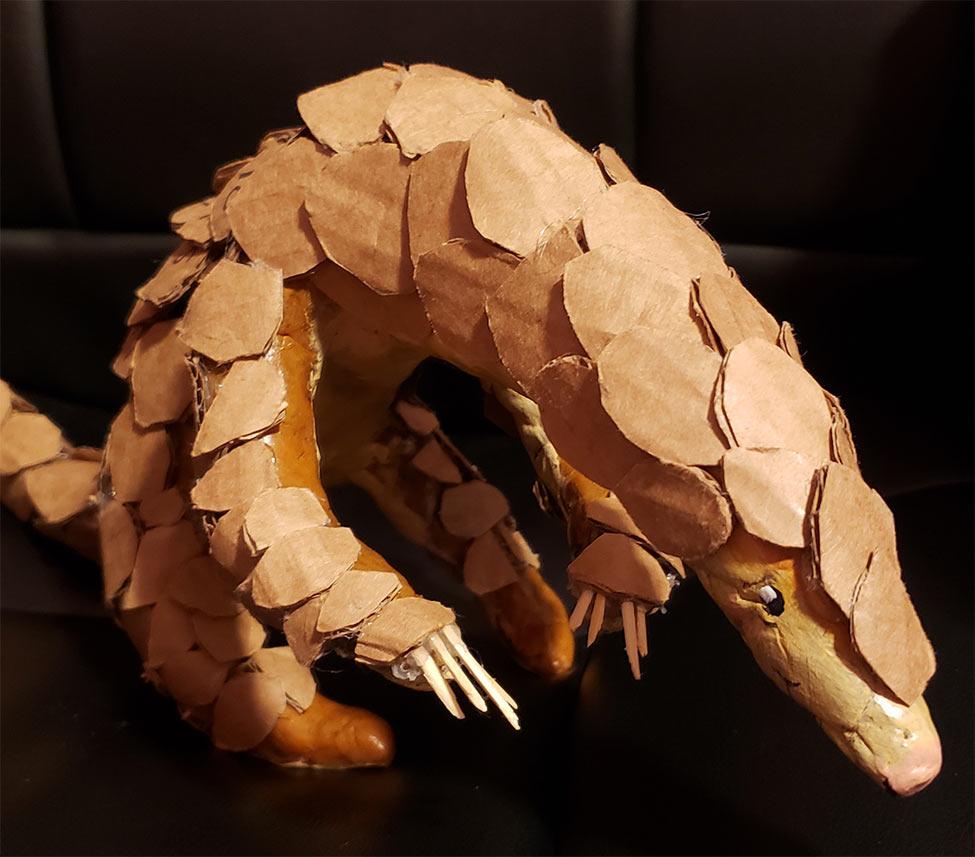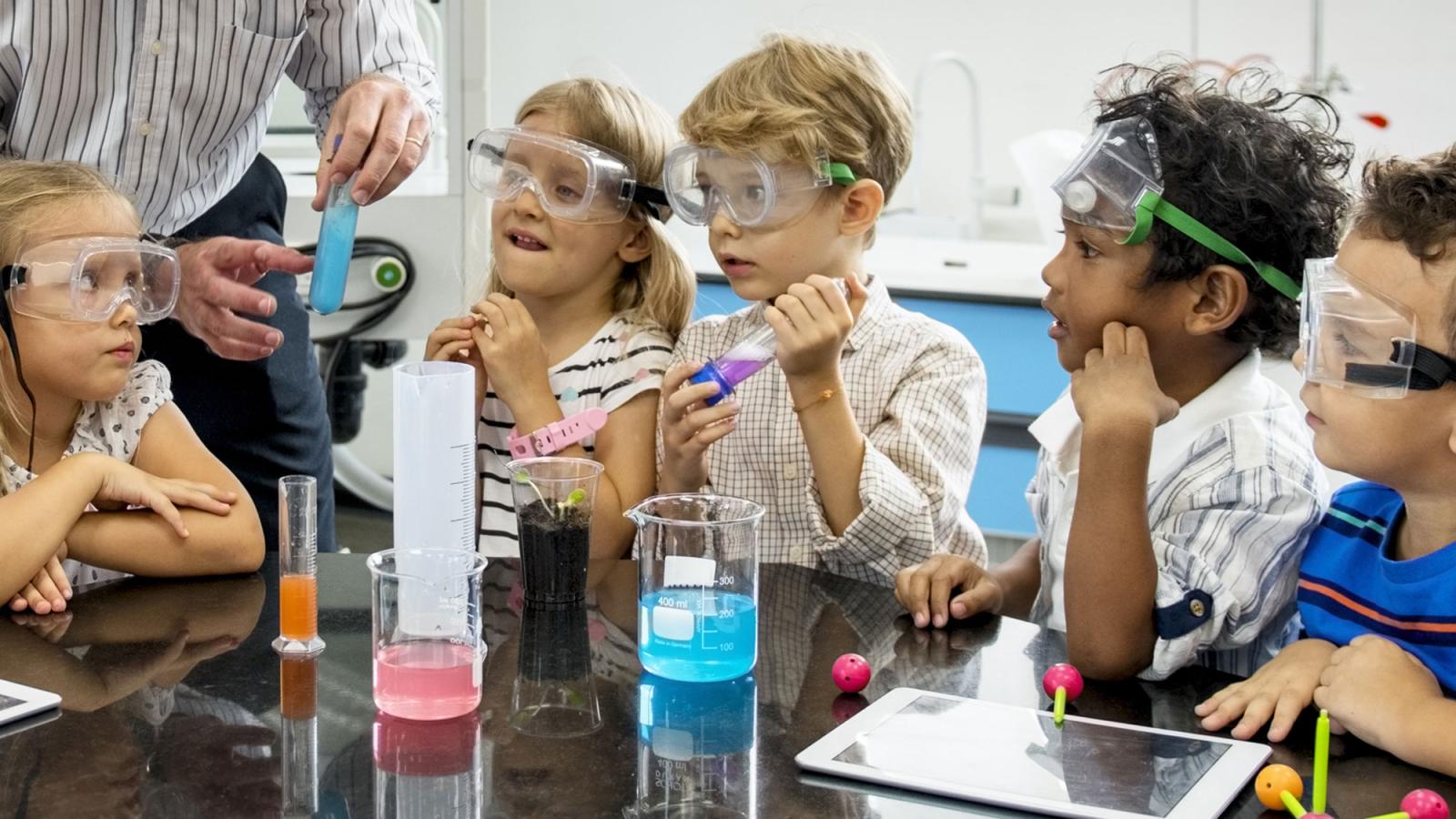
Bringing Science to the Classroom

Science class.
For some of us, it may conjure up memories of vinegar-and-baking soda volcanoes or the oft-repeated and meme-worthy phrase: the mitochondria is the powerhouse of the cell.
But for the School of Education students in Linda Carlson’s Science Methods class, science class has taken on a whole new meaning. They spent last semester investigating methods and approaches for developing an integrated science curriculum for elementary school students.
“The purpose of the endangered species project was three-fold,” explains Professor Carlson. “It was a chance to learn about endangered species as a culminating unit of classwork, it was an opportunity for students to display their creativity, and lastly, it was multi-layered.”
“Science is a fantastic part of a child's education, and a science curriculum that develops these skills will create lifelong learners that are curious about the world around them.”
Students in Professor Carlson’s class chose an endangered animal to research, then produced a 3D project with important facts about their animal and wrote a persuasive letter from the point of view of their chosen animal. The project culminated with the development of a rubric that would be used to grade each component of this elementary-level science project.

“Students learn different skills in science, such as how to speak and write like a scientist. They also learn how to conduct research and experiments,” says SOE student Sara Birdsall ‘22, who focused her project on the Steller sea lion. “Science is a fantastic part of a child's education, and a science curriculum that develops these skills will create lifelong learners that are curious about the world around them.”
For SOE student Sasha Sackichand ‘23, the project was a way for her to explore her creative side and connect more deeply with the experiences she had as an elementary school student. For her project, she chose the pangolin and created a model with wire, modeling clay, and individually applied cardboard scales.
“After learning more about integrating a science curriculum into elementary school classrooms, I definitely do appreciate the science projects I completed in elementary school,” Sasha says. “I did not realize their significance at the time, but now I recognize how each project expanded my understanding of scientific inquiry.”
“Children are naturally curious about the world and want to learn more about their discoveries."
Introducing future teachers to the theories and methods used to learn, teach, and assess science and technology in the elementary school and show how investigative science can be used to answer questions and solve problems is critical for preparing future educators.
“Children are naturally curious about the world and want to learn more about their discoveries. Having a solid science curriculum fosters this curiosity by having them learn and make connections through scientific inquiry,” says Sasha. “The skills involved in the science curriculum can also be translated into more advanced abilities, such as conducting and writing about research.”
Through these innovative teaching methods, both future educators and elementary students alike will be able to continue to explore the sciences in an effective and impactful way. Science education will most certainly not end with the baking soda volcano.
Project Gallery
More from Pace
School of Education student Guadalupe Ceja ’23 hasn’t officially started teaching yet, but her own experiences in the classroom and her recent New York State scholarship win are putting her at the head of the class.
It’s no secret that wellness—physical, mental, spiritual—is a key component to success. At Pace, we’re taking a holistic approach to supporting wellness for all members of our community through the creation of a new role, the Chief Wellness Officer.
In the fall of his freshman year, Jonathan was sitting in his dormitory floor’s lounge in Maria's Tower when he was approached by students Jacob Selman and Ethan McKellar with an invitation to join their startup: F14 Entertainment. Two semesters and a slew of content later, Jonathan has become a sophomore with an enviable resume who is taking on his career with dedication and perseverance.





